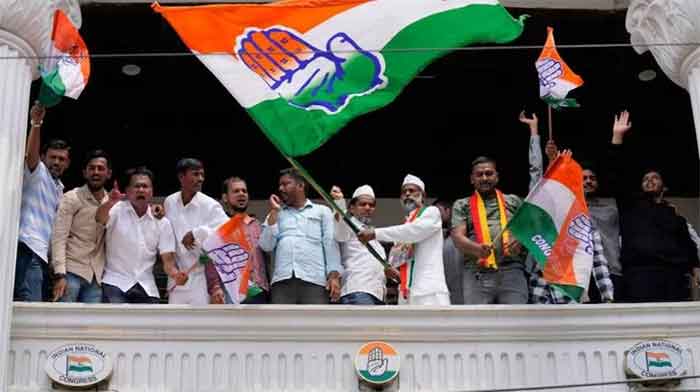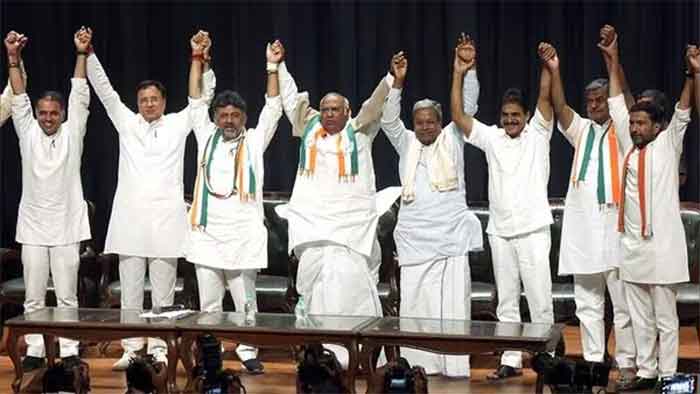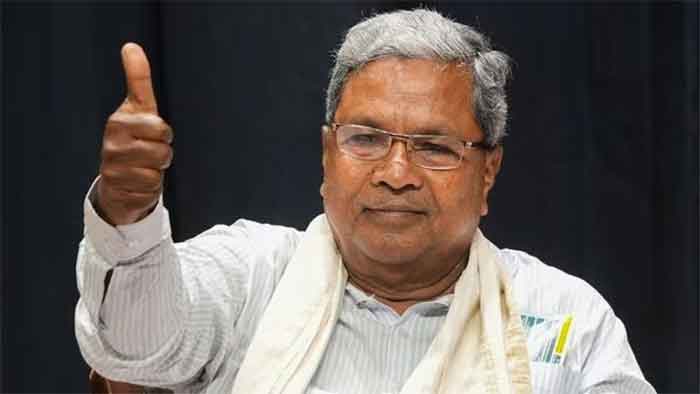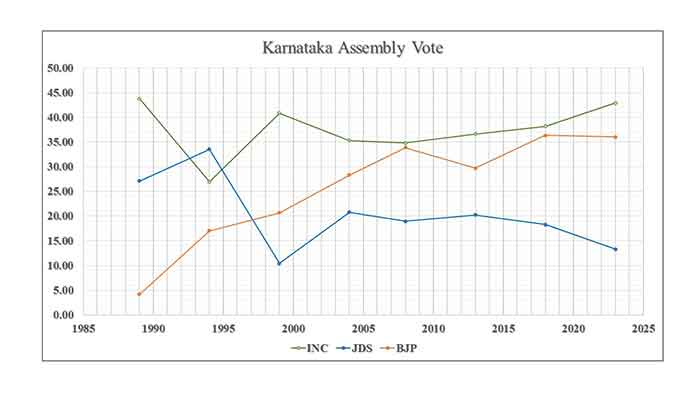
The recently published assembly election results of Karnataka has ignited immense conversations regarding the possible impact these results will have on next year’s Lok Sabha elections. And whether Hindutva as a political force is starting to diminish now that it is not in power in any state of southern India. While these are big and important questions let us first look at the statistical electoral outcome which is as follows- the Congress won 135 seats out of a total of 224 (vote share 42.9%), the Bharatiya Janata Party or the BJP won 66 seats (vote share 36%) and the major regional player the Janata Dal (Secular) or the JD(S) won 19 seats (vote share 13.3%).
Among others, the Karnataka assembly elections offer following insights- local issues are pertinent in state elections, a capable state-level leadership is an added asset and welfarism matters. The Congress victory is being attributed to the fact that it kept the campaign focused on the respective state (the accusation of Karnataka government being corrupt and a “40% commission government” stuck with the voters) and that the party had able leadership in the form of Siddaramaiah and D. K. Shivakumar. The five welfare promises by the Congress (Rs 2,000 per month to women-led households; Rs 3,000 per month to unemployed youth; free bus service for women; free electricity up to 200 units and 10 Kgs of free rice per month to each BPL family member) which targeted crucial constituencies like women and the youth has proven to play a decisive role as well.
On the other side, the BJP ran a conservative campaign as it did not focus on the performance of its government. The chief minister Basavaraj Bommai failed to emerge as a credible and popular leader after taking over the reins from B. S. Yediyurappa. Prime Minister Narendra Modi, as is usual, campaigned ruthlessly but could not convince the Karnataka voters to vote in his party’s favour. In the concluding days of the campaign, the BJP shifted its strategy to an overtly aggressive Hindutva plank by invoking ‘Bajrang Bali’ (Lord Hanuman) and attempted to polarise the polls.
Although, the Congress party can cut a few celebratory cakes it should not think that these state elections (upcoming ones in Telangana, Rajasthan, Chhattisgarh, Madhya Pradesh and Mizoram) will necessarily have any effect on the Lok Sabha elections in 2024. This is because there is often variance in how people vote at the state and how they vote at the national level. The fact that Lok Sabha elections are fought on national issues may very well end up helping the BJP. Perhaps, the biggest lesson one could draw from Karnataka results is that belligerent Hindutva narrative alone will not always be enough. Leadership and performance (actual or perceived) will also be crucial factors. In places where it has strong state leadership (like Uttar Pradesh, Madhya Pradesh, Assam) and employs its well-lubricated organisational machinery well, the BJP will pose a challenge to the opposition.
Furthermore, can we immediately read the defeat of BJP as the defeat of Hindutva? That is the crucial question that has emerged. The BJP is a political party which aims to win all elections and may dial down on its Hindutva rhetoric from time to time if the situation demands it. Hindutva, however, is a deep-rooted systematically propagated political ideology which manifests itself through various parent and proxy organisations. It is important, in my opinion to make this distinction. The BJP has lost quite many state elections since the 2019 Lok Sabha elections but the political ideology of Hindutva continues to be the dominant doctrine of the day. There is little proof to show that people in Karnataka voted against the BJP because of their dislike or contempt towards Hindutva. Look at coastal Karnataka, which has been a Hindutva bastion and has remained loyal to the BJP this time around as well. Interestingly, in Udupi, where the hijab issue erupted last year is the only district where the BJP managed to sweep all the seats. And more significantly, the BJP’s vote share has not seen any consequential dent and remains almost the same.
Thus, the BJP may have been defeated, not Hindutva. The BJP may have lost Karnataka as it has lost other state elections in the recent years but to construe that as the defeat of Hindutva, which is much more ingrained and pervasive, would be lacklustre intellectualism. To think that Karnataka elections results is a verdict against Hindutva would be a categorical mistake.
Survesh Pratap Singh is a Phd student at the Centre for Political Studies, Jawaharlal Nehru University (JNU), New Delhi.
















































